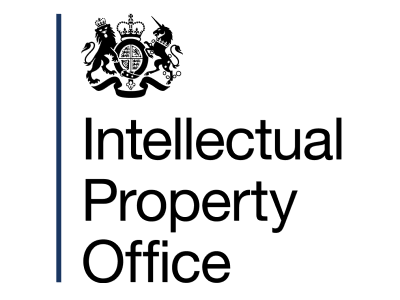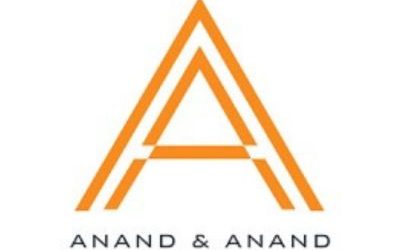Customers should not pay these and should always report them to the IPO
- IPO issues fresh alert to beware of unsolicited payment requests.
- Figures show a recent surge in such requests reported by customers – up 63% on the same period last year.
- IPO publishes updated guidance and releases new images to help customers know what to look out for.
- Customers should not pay these and should always report them to the IPO immediately.
- Anyone who thinks they have been a victim of fraud should report this to the police.
The UK Intellectual Property Office (IPO) has issued a fresh warning to customers to beware of misleading requests for payments sent by unsolicited organizations. These typically take the form of invoices requesting payment for trademarks, designs, or patent services.
Such ‘services’ – once paid for – may simply never be provided or may be of little or no benefit to the customer (for example, inclusion on an ‘exclusive online register’ not recognized by the IPO or any other official body).
Alternatively, invoices may request payment at a highly inflated price for services available for a much lower fee – or free of charge – directly from the IPO.
The payment request will usually come from an organization that is not recognized by the customer. They may also be accompanied by a copy of a fraudulently ‘signed’ agreement in the hope that accounts departments will automatically approve payment of the invoice.
These organizations are not connected with the IPO or any other government body.
To help customers spot a misleading invoice, the IPO has released examples recently received and reported by customers. It has also published an updated list of names currently known to be used by such unsolicited organizations as part of its updated guidance on GOV.UK about how to avoid misleading payment requests of this type.
This comes as figures show a recent acceleration in the number of misleading payment requests reported to the IPO.
From April to June 2024, the IPO received 138 individual reports from customers, compared to 85 in the same three months last year – a jump of 63%. So far in 2024, the IPO has received a total of 169 individual reports, compared to 278 in all of 2023.
The IPO’s Head of Customer Experience, Caroline Rich, said: “Bad actors are becoming more creative and persistent in their efforts to target our customers with misleading payment requests. Once payment is made, there is little chance of getting your money back, as those involved often operate across international borders, making enforcement action difficult.
“The recent examples we’re seeing can be very convincing at first glance, so it’s important to remain vigilant.
“Our clear advice is to not pay such invoices and always report them to the IPO. To help customers know what to look out for, we’ve released images of some recently reported to us. Customers with any doubt about a payment request should always get in touch with us, and anyone who believes they may have been a victim of fraud should report this to the police.”
Temporary Assistant Commissioner Nik Adams, City of London Police said: “If you receive an email or invoice that you think might be a scam, don’t respond to it, click on any links, or send payment. If you think you have been a victim of fraud, report it to Action Fraud at www.actionfraud.police.uk or by calling 0300 123 2040. If you are in Scotland, I ask that you report fraud directly to Police Scotland by calling 101.
“By reporting phishing scams and suspected fraud, you are directly helping us in our work to identify and stop these criminals and helping us protect others from these scams.”
Customers receiving a misleading invoice or who may have concerns about any request for payment should send a copy to misleadinginvoices@ipo.gov.uk – someone from the IPO will respond.
Customers can also report misleading invoices to Action Fraud, make an information report via their online reporting tool, and report to their local Trading Standards office.
Anyone who believes that they have been a victim of fraud should report this to the police via Action Fraud.
You may also like…
Pravin Anand conferred with the APAA Enduring Impact Award
Pre-eminent IP Lawyer and Managing Partner of Anand and Anand, Mr Pravin Anand, has been conferred with the...
The quiet power of confidentiality clubs in SEP litigation
In standard essential patent (SEP) disputes, especially those involving FRAND (Fair, Reasonable, and...
A $10 million patent win reduced to a $1 lesson in damages
In a decision that will resonate as a stark warning to patent litigants, the US Court of Appeals for the Federal...
Contact us to write for out Newsletter













